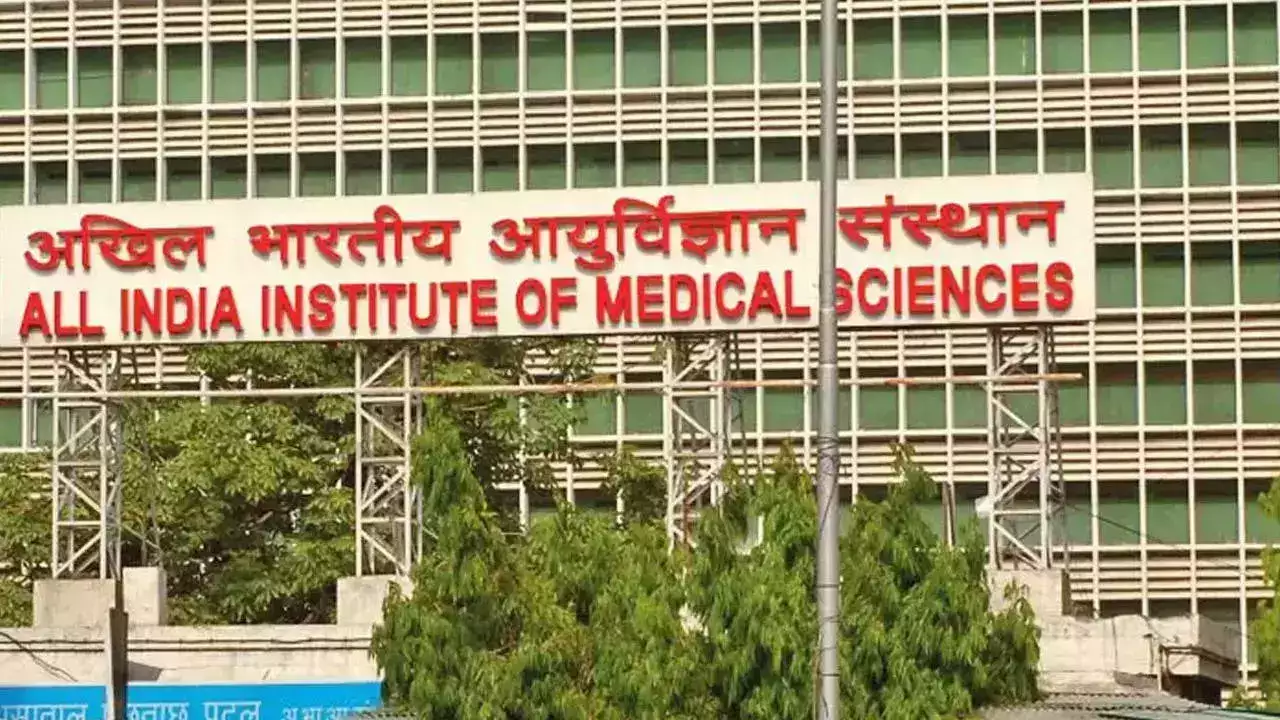Metabolic diseases that emerged from a poor diet can affect blood vessels in different body organs in a unique way, says a recent study. It also found that a healthy diet can reverse the damage partially.
The research explains how metabolic disease can cause blood vessels in the liver and fat tissue to struggle in processing the excess lipids. The diverse diseases can also cause kidney vessels to develop metabolic dysfunction, make lung vessels highly inflammatory, and transport across the brain vessels defective.
“As vascular dysfunction drives all major pathologies, from heart failure to atherosclerosis and neurodegeneration, our research shows how bad eating habits molecularly promote the development of diverse diseases,” said Dr. Olga Bondareva, the first author of the study.
One of the researchers of the study, Bilal Sheikh, also shared the details of the study on Twitter on Sunday.
Damage caused due to poor diet is only partially reversible
Apart from finding the impact of poor diet and multiple diseases that emerged from it on blood vessels, the research also got some insight into the reversibility of the damage. They found that a healthy diet can improve the molecular health of blood vessels, but only partially.
Assuming the case of blood vessel damage in the liver, a healthy diet can help the organ in recovering completely. But the same is not the case with kidneys. The blood-purifying organ retained the disease signature, despite a healthy diet and significant weight loss, reported ANI. Which shows, a permanent ‘memory’ of metabolic disease in the blood vessels of some of the organs.
“We want to elucidate molecular mechanisms of obesity to be able to offer patients tailor-made therapies in the future,” said HI-MAG director Professor Matthias Bluher.
Obesity research in Leipzig
Several scientists of the Collaborative Research Centre 1052 Obesity Mechanisms have been involved in the research on morbid obesity at Leipzig University for years. Many researchers in the field of cardiology and laboratory medicine from Leipzig have also joined the present study. The university has majorly focused on researching the mechanisms and treatment of obesity. It also provides a diverse research landscape in the field of the prevention and treatment of the disease.
The university conducts obesity research on a wide range of topics including genetic associations, metabolic disorders, mechanisms of fat accumulation, the role played by the brain in eating, and therapeutic measures to maintain a healthy diet and weight.
(With inputs from ANI)
Download The Mint News App to get Daily Market Updates.









![Best Weight Loss Supplements [2022-23] New Reports!](https://technologytangle.com/wp-content/uploads/2022/12/p1-1170962-1670840878.png)




